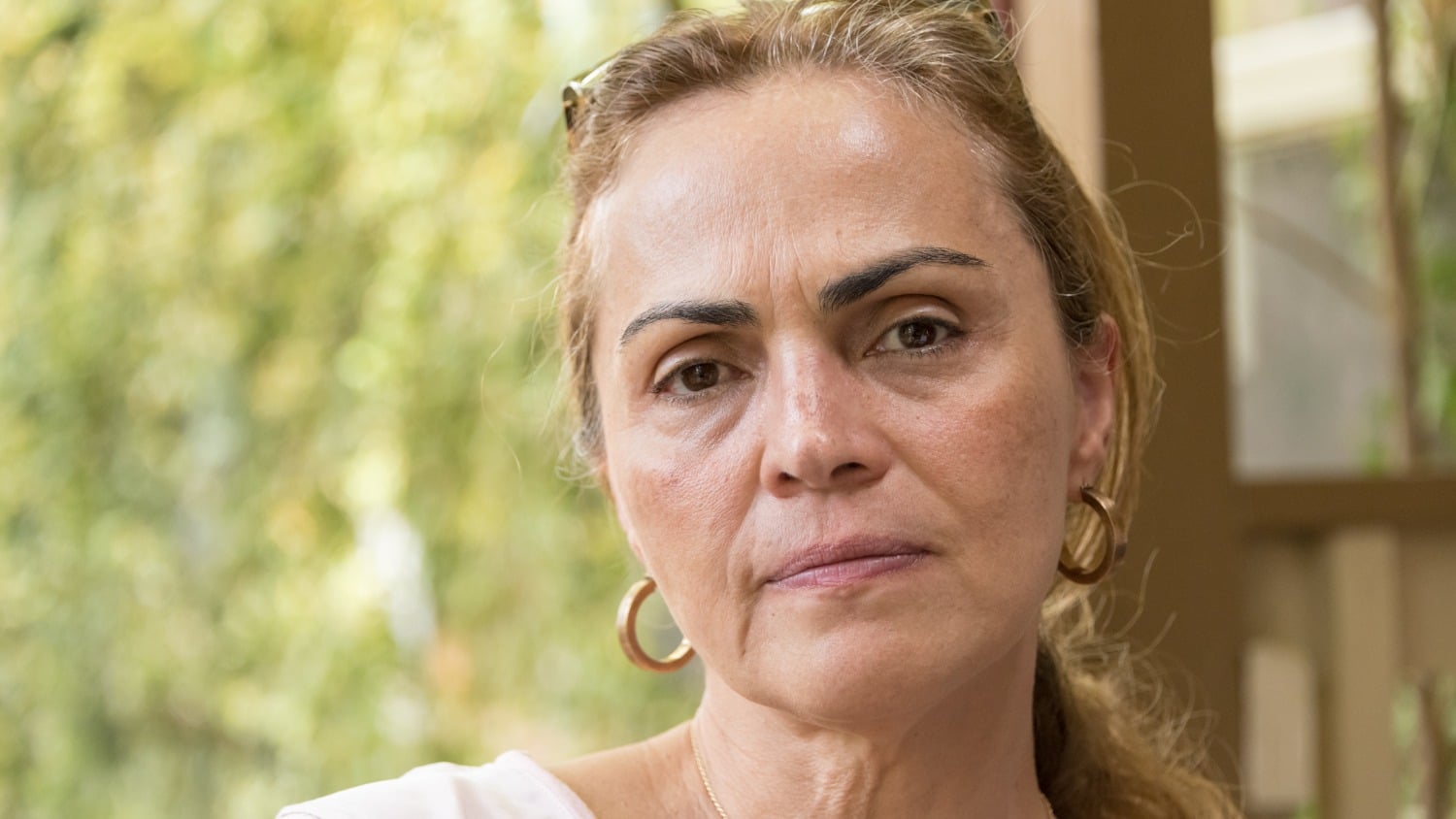
Choosing Your Divorce Battles After 50
When fighting through a divorce after 50, it’s normal to feel like you are getting dragged through the mud for months – even years – wondering if frustration and stress will ever end. Even after the divorce papers have been signed, hurt feelings may remain.
The challenge, as you move on to the next chapter in your life, is to find a productive way to move forward and not get stuck in the past, while also balancing the ability to advocate for yourself.
This balance means that you will learn how to pick your battles mindfully. Determining what not to fight about is not easy. But the following suggestions can help so that you can be well on your way to getting your life back.
You May Feel Confused and Out-of-Place for a While. And That’s Okay
Do not beat yourself up when you feel frustrated during or after the split. Divorce is a messy business that can still make you feel anxious years later.
If you feel confused and panicked, it’s because you’re human. In spite of any lingering hard feelings, it’s important to remember that you will get through this.
You don’t have to let unresolved issues, lingering anger or grief define the new independent you.
There Are No “Winners” and “Losers” In Divorce. Just Being Is Liberating
Culturally, we are conditioned to think of divorce like a boxing match, where the opposing sides must fight tooth and nail to get their way. Many high conflict divorce lawyers, known as “gladiators,” will encourage their clients to fight for total control of the marriage’s assets, custody, etc. It’s easy to fall into this “winner take all” trap, but at what cost?
When you are forced to make business decisions during such an emotional time, you may act out of spite and try to “get back” at your spouse, extracting revenge. However, you must keep in mind that this will cost tens of thousands of dollars in legal fees, inflict additional stress on you, and possibly prolong your divorce.
You may get the upper hand from a litigation standpoint – but at what cost to you, your emotional health and your chance to move on with your life?
This point isn’t just reserved for those going through a divorce. Years on, we may still feel bitter, thinking we were taken to the cleaners by our spouse. At what point are you willing to let go of these feelings, and understand that you were actually given the freedom to live the rest of your life on your own terms, something that women generations before us were never able to do?
The Time and Energy You Spend Fighting for Something Should Be Directly Proportional to How Much You Depend On It to Survive
No, this statement does not mean your brand new life will look like a scene from The Hunger Games. But answering this question truthfully gives you a better understanding of the true non-negotiables during divorce and post-divorce.
Everyone’s situation is different, and you will need to decide for yourself what is truly worth the time and emotional energy to battle over.
These factors may include savings, retirement, fair division of debt, temporary spousal support and protection orders if there is any type of endangerment.
But remember, not everything during a divorce is something you need to survive.
The same goes for people who have been divorced for years. If you are still bitter or angry over losing something in the divorce that you thought you needed? If so, consider this: you are taking care of yourself and now living life on your own terms. Isn’t that freedom and the chance to start over proof that you can actually survive without it?
Ensuring Your Security and Well-Being Is Where Your Energy Should Go
Ensuring your well-being also extends to your children, as well as your pets. Think of security and well-being as the bottom section of Maslow’s Hierarchy of Needs. The foundation of the pyramid represents survival – the same things that we need to advocate for during the split.
But remember, you must be completely honest with yourself. While you may need temporary spousal support to make ends meet, health insurance and your share of the pension, that doesn’t necessarily mean you must also get the gas grill that you really liked.
Remember – advocate for the things you and your dependents really need, not the things you think you are owed.
Understanding the Difference Between Your Wants and Your Needs Goes a Long Way in Keeping Your Sanity
Divorces can take years as couples fight over settlements that have nothing to do with money. Legal battles have gone on as couples fight for possession of the things that hold sentimental value to both of them (family photographs, heirlooms).
Although it wouldn’t leave you destitute to lose these things, you would feel deeply wounded, since they remind you of happier times.
We may also make special demands as a way of exercising control. This behavior is natural – because we are human and have emotions and desires.
But the key is to understand why we truly want these things, so we can prioritize and determine where to best spend our time and energy, both during and after the divorce.
It’s all about prioritizing your sanity.
If you truly think that spending an extra week in court and an extra $1000 in attorney’s fees for the leather couch will somehow prepare you to move on post-divorce, then good luck with that. More realistically though, knowing when to let go can be your greatest sanity-saver.
Ask Yourself: Am I Fighting Over Something Because I Am Angry and Hurt?
Anger may cause you to project bitter feelings at your spouse in the only way you can – by “getting back” at them. You will find yourself in the lawyer’s office soliciting advice on how to “make the ex pay” for the hurt they have caused.
Although you cannot control how your spouse behaves during this process, you can work on acting rationally.
Remember, the smoother the divorce goes, the faster the healing process can begin and the faster you can take your life back
If You Were Married for Years, Is Your Need to Fight Coming from Fear?
One reason divorce is so tough, it dispels the illusion of control you thought you had in life. When you’re trying to process those emotions and that sense of loss, you sometimes displace that lack of control and fight harder for things you still have a say over.
Subconsciously, sometimes we aren’t fighting so much for the object as for a grip on the life we once had.
It’s okay to be scared. The challenge then is to divert that fear into energy that can be used for good rather than that which will keep you from moving on.
Learning to choose your battles does not mean that you shouldn’t stick up for yourself. But the ability to look ahead and prioritize what will actually give you security, peace of mind, and the ability to move on with your life can be all the difference between a healthy transition and a legal, emotional, and financial Waterloo.
Let’s Have a Conversation:
Have you, or someone you know, recently gone through a divorce? How would you suggest to determine what to let go of and what to fight for during a divorce? What ideas would you offer to those women who want to get their life back after a divorce? Please join the conversation in the comments below.
Tags Divorce After 60







Next Friday I will get divorced. I won’t even have to appear in the court room, nor did I pay thousands to a lawyer. I paid one AUD 375 for initial advice – which in essence was 1. get divorced now – your husband has been gone over 3 years. 2. Draw up a new will. 3. Sell the business. 4. Get on with life. In Australia the process is so simple, it is all done on-line for a minimal fee of about AUD1200. All I had to do was send the papers to my husband for him to sign with a self-addressed envelope for him to return them to be lodged with the court. Within twelve months (or later if I ask for an extension if the business is not sold – our only asset worth serious consideration and debate) the court arranges a meeting to discuss asset distribution. It may be a simple legal process, but even as I get my new wonderful life together there are still moments of disappointment, sadness, fear and even anger. But they are only moments. Most of my time is now taken up with looking for a block of land, designing my new home and thinking of my next trip to France to buy a place there. I refuse to allow my husband’s desertion to rob me of my sense of worth and value. I remind myself that he is only one person and so many others are loving and supportive that I must listen to my own sensible voice and those of my family and friends who truly care.
That sounds so much easier than in the United States.
I wish you all the best in your new life!
Thanks for such a useful article.
I went through a very tumultuous divorce just over 5 years ago.
As my sanity and money were flying out the door, I suddenly realized in order to survive that I would have to pick my battles.
I had to very early on determine my priorities. My ex was reacting very vindictive and was going to make a battle of every little thing. He didn’t care how much it would cost.
The most important thing to me was to be done with it and move on with my life, while preserving my sanity as well as whatever money I had left.
This meet walking away from 40 years of stuff, and starting completely over.
In retrospect, I see that he actually unknowingly did me a huge favor.
I haven’t missed one thing and I don’t live with the constant memory of my past life.
My advice is to decide early on what is important to you and worth the fight.
The best way to move on is to accept what has happened and let go of your past. I know that’s easier said than done. I am still a work in progress.
Good for you! You are exactly right. I takes many women years to realize they have been
paying $6000 a year on a storage unit full of furniture when it would have been fun to start
over, piece by piece, with thrift store gems. The l last third of your life can be wonderful.
—Divorce Lawyer, 30 years, know what I’m saying.
Thank you!